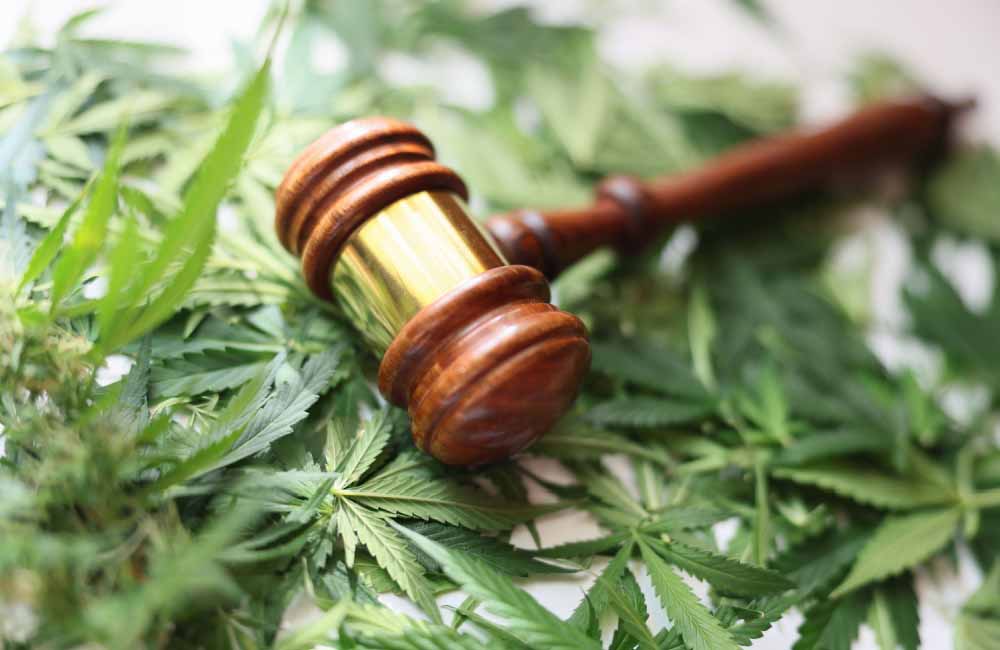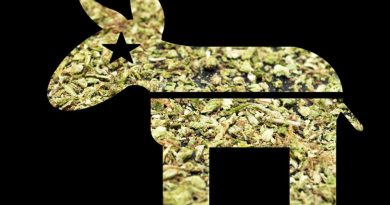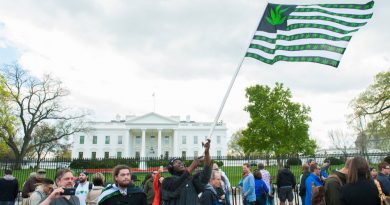Hemp Farmers Pay Price of Divide in State, Federal Marijuana Laws
The divide between state and federal law on the issue of marijuana legalization has once again taken its toll, this time on the nation’s hemp farmers. Some farmers who have grown hemp since Congress legalized it in 2018 have had their licenses pulled by the federal government because they also are growing legal cannabis.
Cannabis is legal in the eyes of the states where the farmers live. However, cannabis remains a Schedule I illegal drug at the federal level. This has resulted in the U.S. Department of Agriculture revoking hemp licenses for some farmers who have chosen to grow cannabis in states where it’s legal, according to Politico.
“It was definitely a huge blow to our business,” Sam Bellavance, a cannabis farmer in Vermont who had separate licenses to grow both marijuana and hemp, told Politico. The USDA rescinded the hemp license earlier this year. Bellavance estimated he will lose at least $250,000 in revenue due to the license revocation.
Conflicting Laws Have Led to Turmoil for Some Farmers
The conflict in interpretations between federal and state authorities regarding the 2018 Farm Bill that legalized hemp highlights the broader struggles faced by hemp and cannabis farmers in a burgeoning market where two nearly identical agricultural products bear vastly different legal statuses.
Despite the fact that over half of Americans now reside in states where adults can legally possess marijuana, and a substantial 70% of the population supports its legalization, federal law stubbornly categorizes it as a highly dangerous substance with no recognized medical applications, aligning it with the likes of heroin.
The hemp industry is grappling with the repercussions of this legal incongruity, with officials contending that the lack of clear legal and regulatory guidance from the federal government has discouraged retailers from venturing into hemp-derived product sales, resulting in a significant downturn in crop prices.
This uncertainty has prompted farmers to take drastic measures, significantly scaling back hemp cultivation. In 2019, the cultivation of hemp covered a sprawling 275,000 acres, but last year witnessed a staggering decline to a mere 21,000 acres. The fluctuating legal landscape and regulatory ambiguity have cast a shadow over the once-promising hemp industry, leading to a cautious approach from both retailers and cultivators alike.
Farmers In at Least Three States Face Losing Hemp License
Bellavance stands as just one example of numerous farmers, spanning at least two states, Vermont and Mississippi, who faced the revocation of their hemp licenses this year, according to Politico. A hemp grower in Missouri shared a similar tale, revealing that the USDA notified him in April 2023 that his hemp license would be forfeited if he pursued participation in the state’s newly legalized marijuana industry.
In a contrasting scenario, several state-sanctioned hemp programs that have received approval from the USDA have opted to continue licensing farmers concurrently involved in marijuana cultivation under state-issued permits.
USDA spokesperson Allan Rodriguez acknowledged the intricacies of the matter, attributing the challenge to marijuana’s enduring status as a federally illegal Schedule I controlled substance.
“While the 2018 Farm Bill legalized hemp production, marijuana remains a Schedule I controlled substance under federal law,” Rodriguez stated. “This presents a unique jurisdictional and regulatory landscape that producers of more traditional agricultural commodities do not have to navigate.”
The complex interplay between federal and state regulations continues to pose challenges for farmers seeking to diversify into both hemp and marijuana cultivation, highlighting the ongoing tension between evolving state laws and federal restrictions on cannabis.




